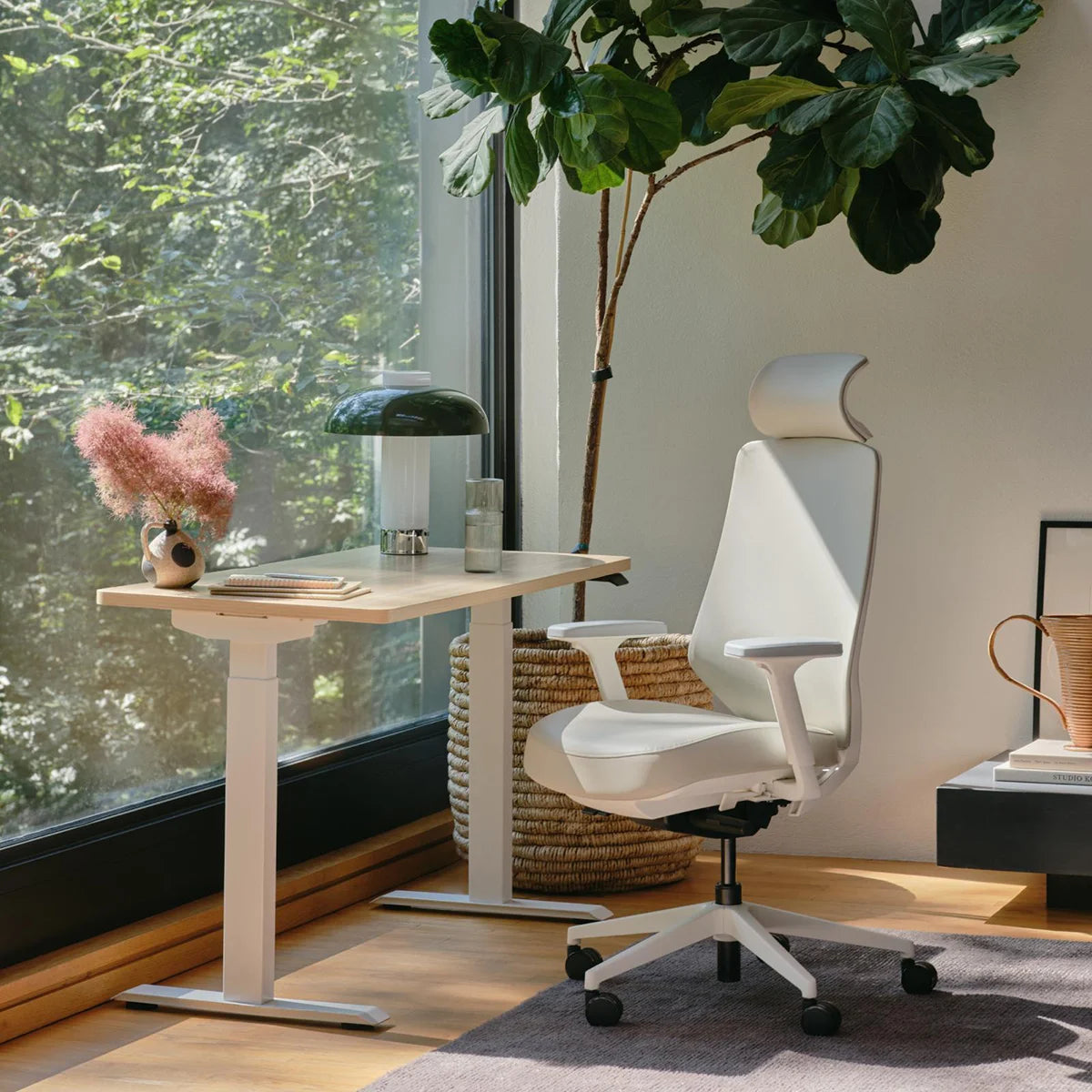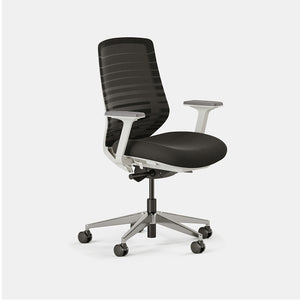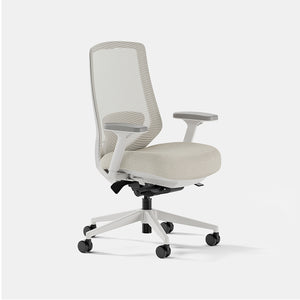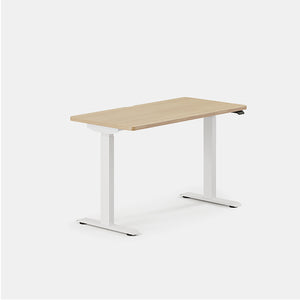The Bureau team surveyed landlords and brokers to find out how technology is changing the game in commercial real estate. Here's what we learned.
Commercial real estate is changing fast. Until about a decade ago, this wasn’t true. Startups had made tremendous inroads into all kinds of industries, but they left commercial real estate alone—daunted by an industry defined by large and complex transactions, long sales cycles and relationship-driven customer acquisition.
Then WeWork came along in 2010. Since then, startups have arrived to address nearly every aspect of the landlord, broker and tenant experience—from flexible office space providers, deal management and tech-powered brokerage services, to virtual reality, project management and design. Incumbents are getting into the game too: landlords and brokers are investing in startups and launching new ventures of their own.
The Bureau State of CRE Innovation Report: Q1 2019
Here’s what is clear in 2019: we’re in the early innings of a new era in commercial real estate. But we’re missing data that quantifies technology’s impact on commercial real estate. How do startup competitors impact landlords and brokers? To what extent do changing expectations around flexibility and user experience affect tenant preferences and decisions?
That’s why we’re launching the Bureau State of CRE Innovation report. Every three months, we’ll survey landlords and brokers to understand how technology is changing the game in commercial real estate. Take a look at what we asked, and what we learned.
Data
To generate our inaugural report, we surveyed twenty-five landlords and brokers across major North American metros on the eastern seaboard. A few notes on our sample:
- 60% of respondents were brokers, and 40% were landlords
- 80% of our landlord sample managed more than 2M square feet of space
- 70% of our broker sample represented more than 200K square feet of leases in 2018
- 55% of our broker sample represented landlord transactions, and all of our brokers represented tenant transactions
We sourced our sample through social media outreach and our networks in commercial real estate, which means our respondents likely skew younger than average for the industry. In future iterations of this survey, we plan to reach out more broadly to brokers and landlords beyond our networks and the east coast.
Key Takeaways
Our key takeaways from the survey are summarized in the graphic below:














